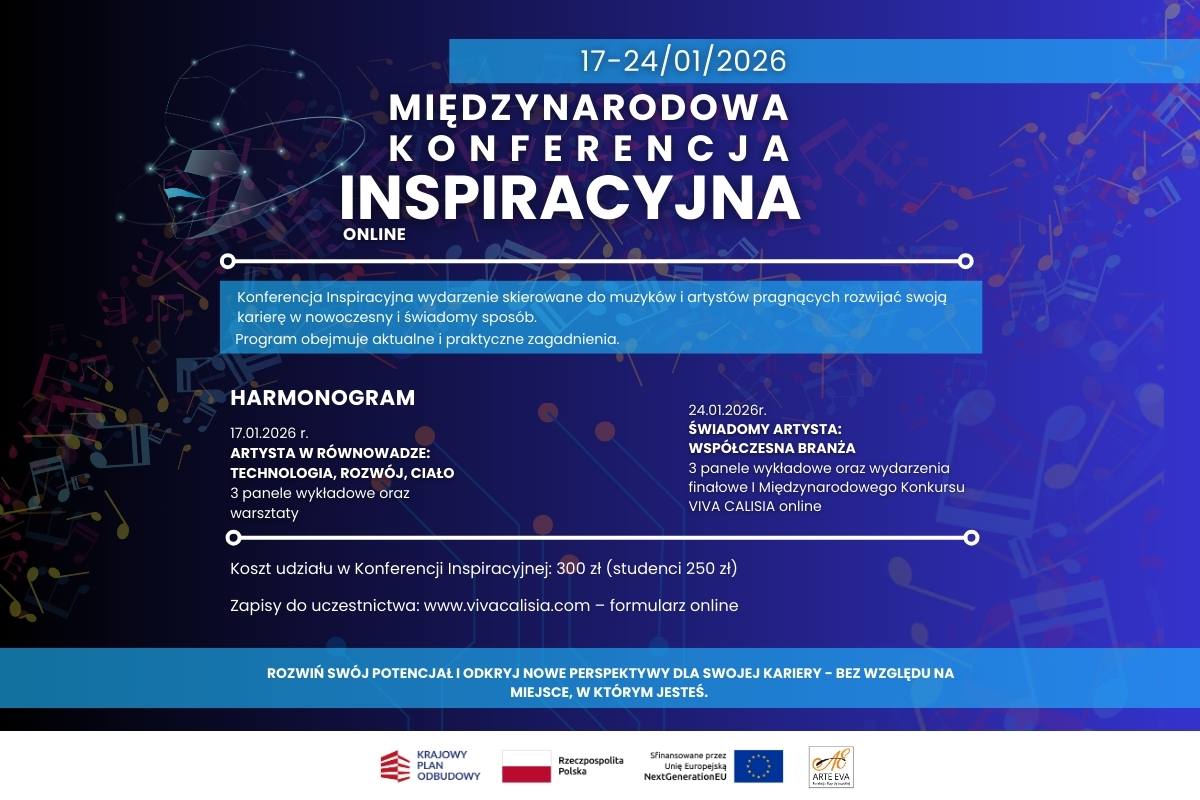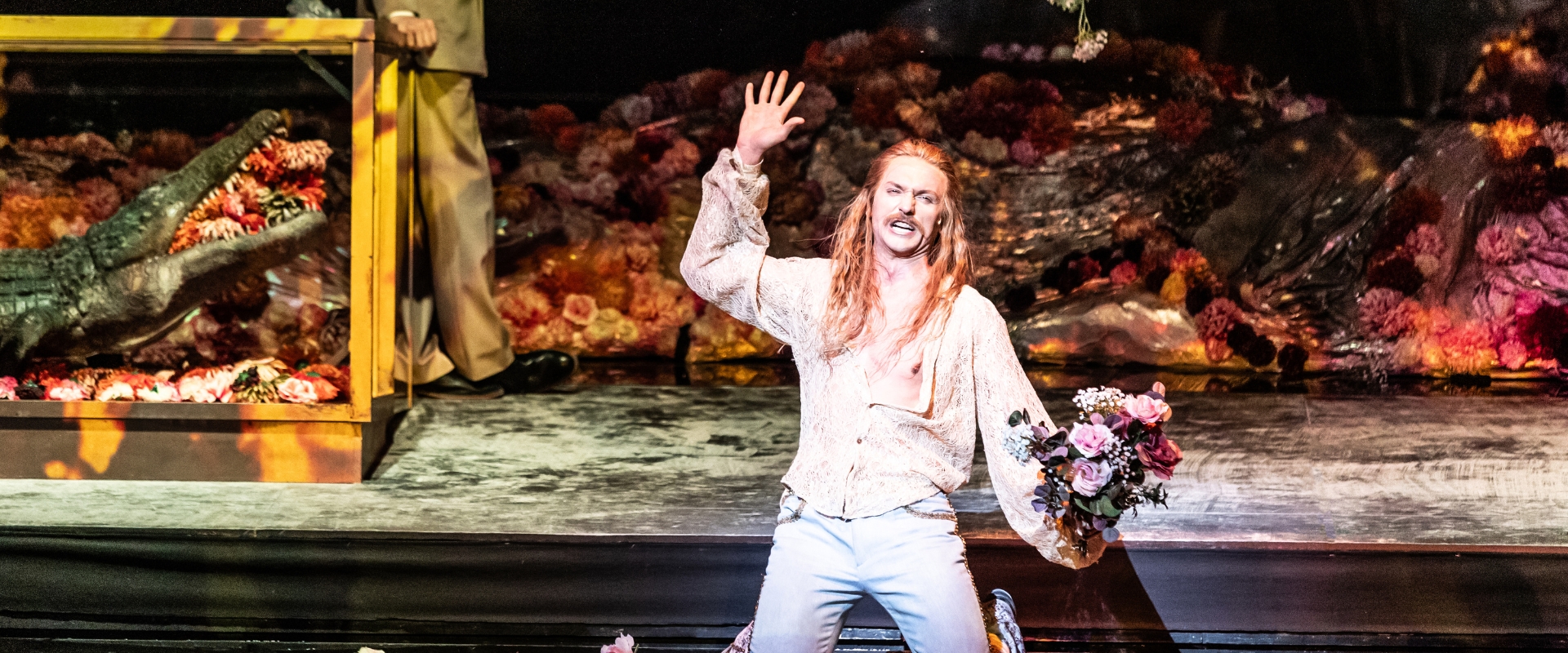 Five questions for baritone Hubert Zapiór about Mozart roles and more…
Five questions for baritone Hubert Zapiór about Mozart roles and more…
You sing Count Almaviva in “The Marriage of Figaro” and Guglielmo in “Così fan tutte” at the Warsaw Chamber Opera during the 33rd Mozart Festival. Later on this month, you revisit the latter character on the stage of the Polish National Opera. What are the challenges of the above roles?
I have had the two roles in my repertoire for many years, and I have sung Mozart’s scores over 100 times. Over the past year, I have performed in three different productions of “The Marriage of Figaro” and four different productions of “Così fan tutte.” Each staging or meeting with a new conductor poses different acting and vocal challenges. In such context, it is extremely important to keep it fresh, to continue looking for new vocal colors, to employ different acting techniques and to develop your character – that is the greatest challenge. It is very easy to become a slave to what we know about the role, to get stuck in your musical and acting comfort zone, and become lazy when it comes to creativity. I believe my involvement translates into the viewer’s involvement and how they experience an evening at the opera.
Do you think Mozart should be performed in a traditional way – faithful to the libretto and the score, or adapted to contemporary times?
In my opinion, the stories contained in Mozart’s operas are universal. They can happen at anytime and anywhere. If the staging concept is credible and the audience follow and experience the character’s fate without feeling lost, the rest does not matter. Whenever I take part in a new production, I try to uphold the logic and meaning contained in the libretto. I discuss my role with the director, I ask questions I would ask myself if I were in the auditorium. I am convinced it is of no importance how logical or faithful to “what Mozart had in mind” the staging is, if it lacks real emotions at the very end – the excitement that flows from the stage and is born in the viewer. For me as an artist, but also a viewer, it is important that the performance does not leave me emotionally indifferent. It does not matter whether it was made in a traditional or contemporary style.
From your perspective, what is of paramount importance in Grzegorz Chrapkiewicz and Marek Weiss’ stagings at the Warsaw Chamber Opera?
The two shows differ in almost everything in terms of production, and yet they both received critical acclaim and were warmly welcome by the audience. In the context of the previous question, I guess that might have been the most important common denominator that determined their success. Real emotions. The relationships between the characters, their desires, fears, sense of humor. The viewers follow them and immerse in the disparate worlds created by the two directors.
What role outside Mozart’s repertoire is closest to you and why?
Oddly enough, it is a role I have never performed on stage, although I have dreamt about it and practiced for it for many years. It is Eugene Onegin. When I was in college, I fell in love with Pushkin’s story based on which Tchaikovsky composed his opera. My fascination found expression in my master’s thesis at the Theater Academy in Warsaw. During my studies, I had the great fortune of seeing my greatest idols Mariusz Kwiecień and Artur Ruciński in the role of Onegin at the Polish National Opera. Their performances increased my love for the story of Onegin even more. Since then I have been close to my dream debut on several occasions, but for various reasons it has never happened. Therefore, it is not only my closest but also the most awaited role outside Mozart’s repertoire.
What are your artistic dreams?
My greatest dream has long since come true. I sing. I have the great privilege of standing on stage and sharing my passion with hundreds, thousands of people who come to the opera precisely for this purpose. In this profession, in the pursuit of new roles, contracts and successes, it is very easy to forget we have reached the moment we used to dream about. As for the plans, these are the last weeks of a very long and intense season for me. I am going to rest! And then face the new season with an extremely exciting challenge at the very beginning – a new production by Barrie Kosky at the Komische Oper in Berlin. This time it will be S. Sondheim’s cult musical “Sweeney Todd”, where I make my debut as Anthony. I will obviously sing my beloved Mozart as well. Aside from that, I will make my next long-awaited debut as Marcello in “La Bohème” by G. Puccini.




